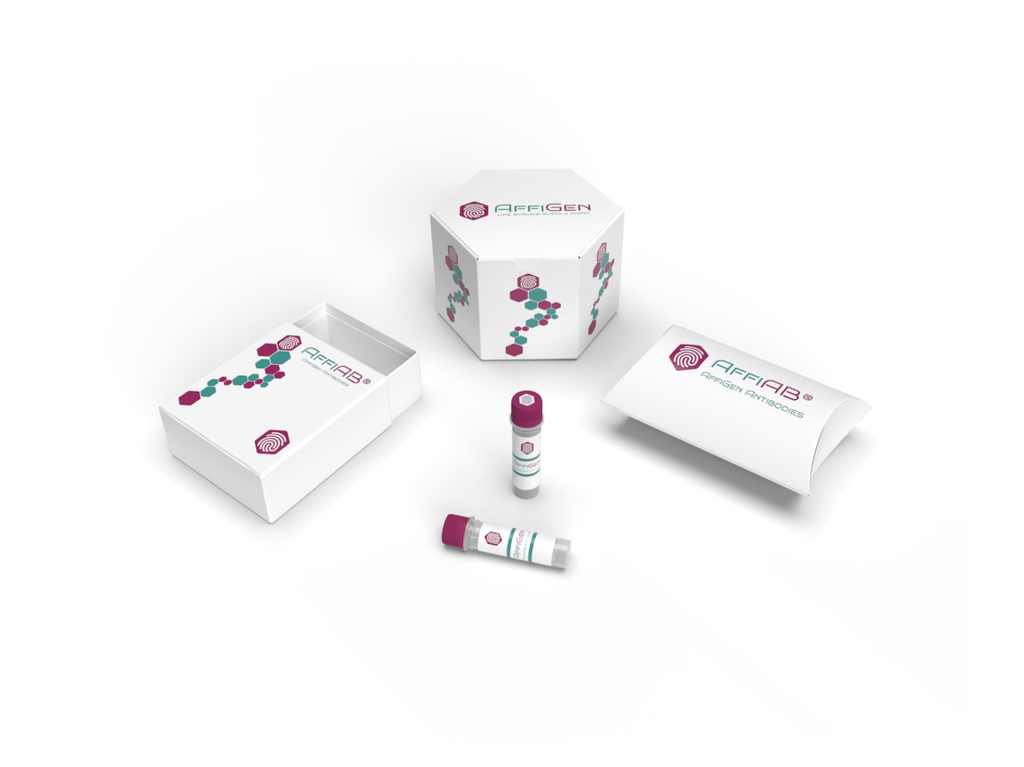AffiAB® Anti-KCNMA1 Antibody
Potassium channel activated by both membrane depolarization or increase in cytosolic Ca2+ that mediates export of K+. It is also activated by the concentration of cytosolic Mg2+. Its activation dampens the excitatory events that elevate the cytosolic Ca2+ concentration and/or depolarize the cell membrane. It therefore contributes to repolarization of the membrane potential. Plays a key role in controlling excitability in a number of systems, such as regulation of the contraction of smooth muscle, the tuning of hair cells in the cochlea, regulation of transmitter release, and innate immunity. In smooth muscles, its activation by high level of Ca2+, caused by ryanodine receptors in the sarcoplasmic reticulum, regulates the membrane potential. In cochlea cells, its number and kinetic properties partly determine the characteristic frequency of each hair cell and thereby helps to establish a tonotopic map. Kinetics of KCNMA1 channels are determined by alternative splicing, phosphorylation status and its combination with modulating beta subunits. Highly sensitive to both iberiotoxin (IbTx) and charybdotoxin (CTX) .
Antibody type
Rabbit polyclonal Antibody
Uniprot ID
SwissProt: Q12791 Human; SwissProt: Q08460 Mouse; SwissProt: Q62976 Rat
Recombinant
NO
Conjugation
Non-conjugated
Host
Rabbit
Isotype
IgG
Clone
N/A
KO/KD
N/A
Species reactivity
Human, Mouse, Rabbit
Tested applications
WB, IF-Cell, FC
Predicted species reactivity
N/A
Immunogen
Synthetic peptide within rat KCNMA1 aa 200-300.
Storage
Store at +4°C after thawing. Aliquot store at -20°C. Avoid repeated freeze / thaw cycles.
Form
Liquid
Storage buffer
1*PBS (pH7.4) , 0.2% BSA, 50% Glycerol. Preservative: 0.05% Sodium Azide.
Concentration
1 mg/ml.
Purity
Immunogen affinity purified.
Signal pathway
cGMP-PKG signaling pathway
Recommended dilutions
WB: 1:500; IF-Cell: 1:50-1:200; FC: 1:50-1:100
Molecular Weight
Predicted band size 137/130 kDa.
Subcellular location
Cell membrane.
Positive control
A549 cell lysates, A549, PC-3M, HCT116.
